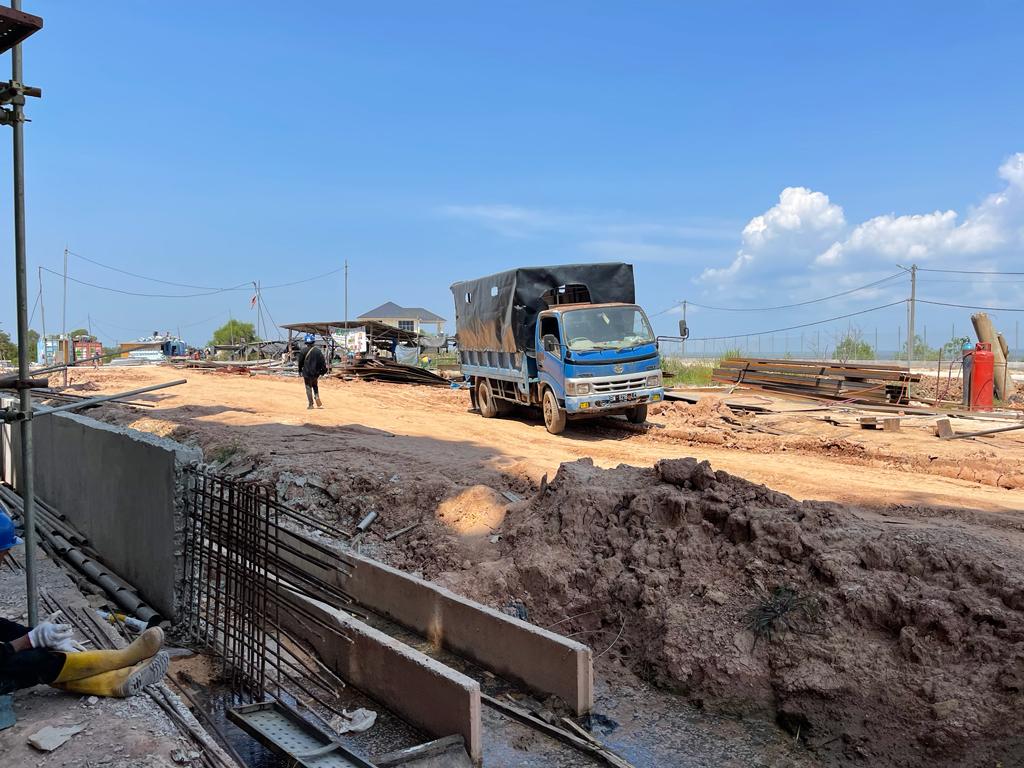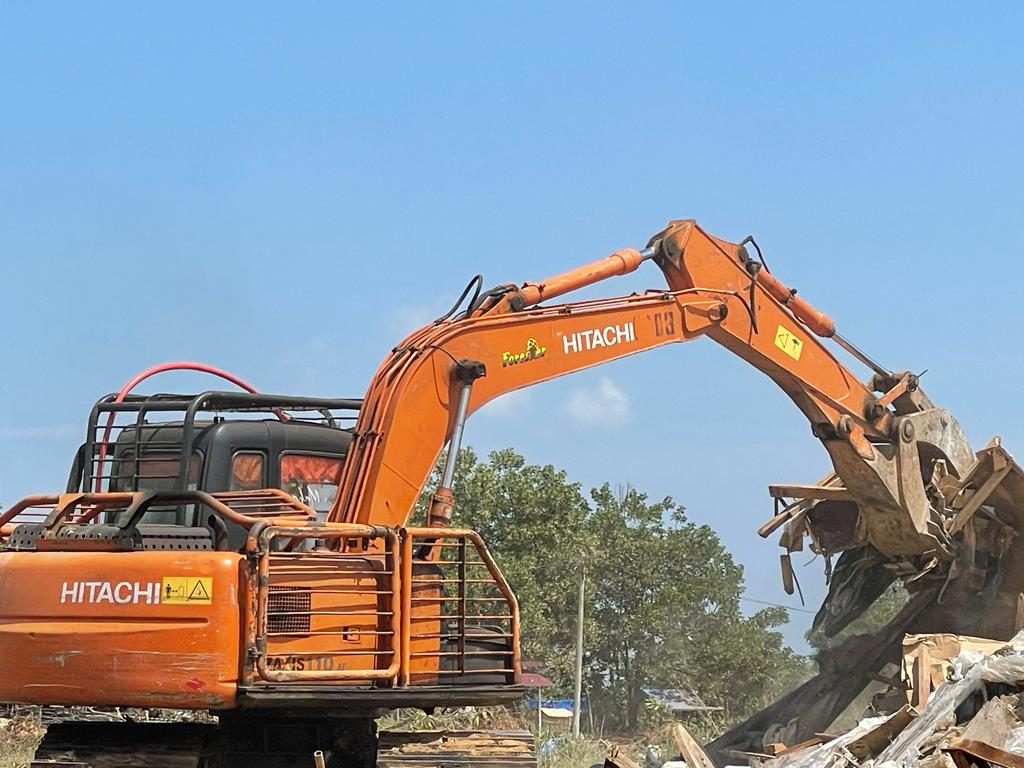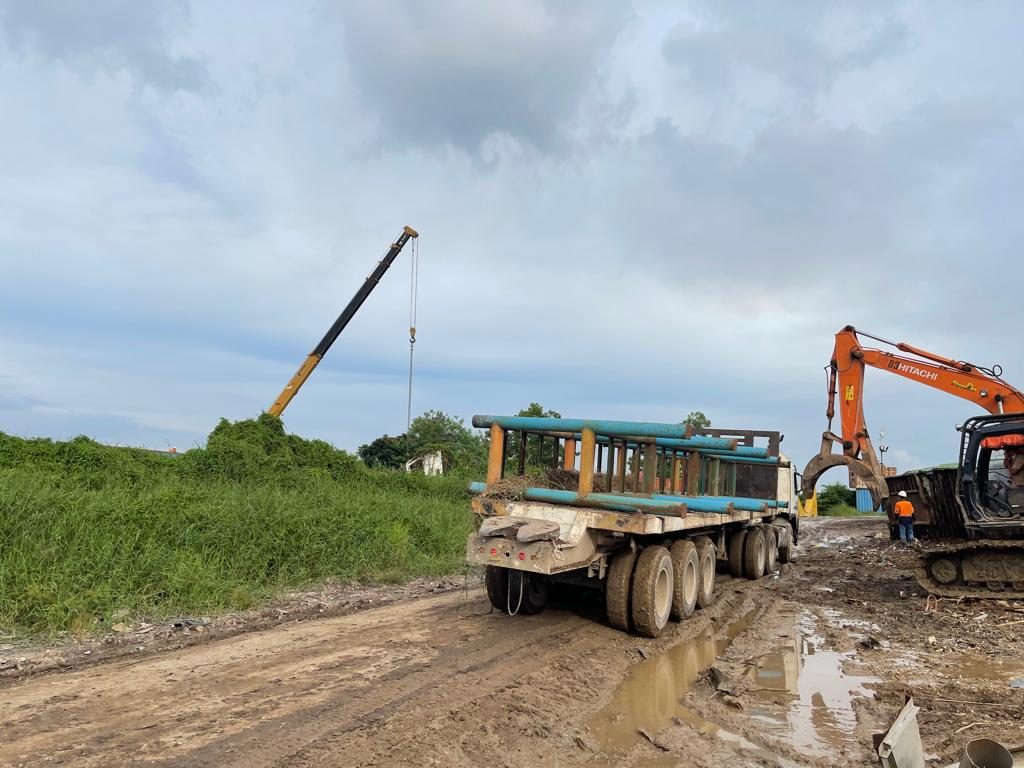The Impact of Political Change on Investment in the Oil and Gas Industry
Introduction
Political dynamics play a pivotal role in shaping the landscape of the global oil and gas industry. The sector’s reliance on vast investments, long-term planning, and stable regulatory environments makes it inherently sensitive to political change. In this article, we explore the profound influence of political transitions on investment decisions within the oil and gas industry.
Political stability is a cornerstone of the oil and gas industry. Investors seek predictability and assurance that their investments will yield returns over extended periods. Sudden political upheavals can disrupt this delicate equilibrium and deter investment.
Political Stability as a Cornerstone
Political Stability as a Cornerstone
Political stability is a cornerstone of the oil and gas industry. Investors seek predictability and assurance that their investments will yield returns over extended periods. Sudden political upheavals can disrupt this delicate equilibrium and deter investment.
Changing Regulatory Frameworks
When political regimes change, so do the regulatory frameworks governing the industry. New governments often introduce alterations in taxation, environmental policies, and contractual terms, which can significantly impact the economics of oil and gas projects.
Contractual Risk
Contracts between governments and energy companies are often long-term and involve substantial investments. Political change can bring uncertainty about the enforcement of these contracts, potentially leading to disputes and legal challenges that hinder investment.
Resource Nationalism
Political transitions sometimes usher in a wave of resource nationalism, where governments seek to assert greater control over their natural resources. This can result in renegotiation of contracts, increased royalties, or even expropriation of assets, all of which pose risks to investors.
Regional Variation
The impact of political change varies by region. While some nations have a history of stable transitions, others may experience more turbulence. Investors must carefully assess the political risk associated with each specific region of interest.
Mitigating Political Risk
To mitigate political risk, investors in the oil and gas industry employ various strategies. These include diversifying portfolios across multiple regions, engaging in comprehensive risk assessments, and establishing contingency plans for political disruptions.
Conclusion
Political change is an ever-present factor in the global oil and gas industry. As the world grapples with evolving geopolitical dynamics, investors must remain vigilant and adapt to shifting landscapes. A robust understanding of the political environment in each region, coupled with prudent risk mitigation measures, is essential for ensuring the long-term success of investments in the industry.
The oil and gas industry will continue to be intertwined with the ebb and flow of politics. By staying informed, agile, and proactive, investors can navigate the complexities of political change and secure their interests in this critical sector.
Political stability and change can significantly impact the oil and gas industry, influencing investment decisions and shaping the sector’s future. This article underscores the importance of political risk assessment and mitigation strategies for investors in the industry.




